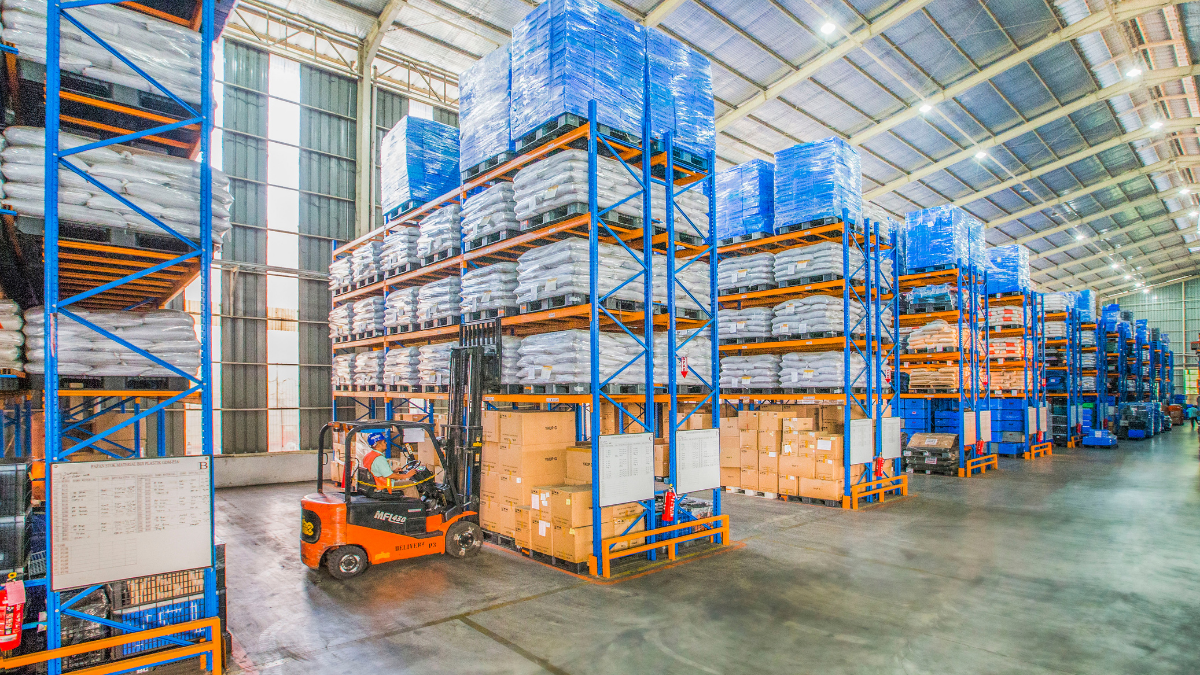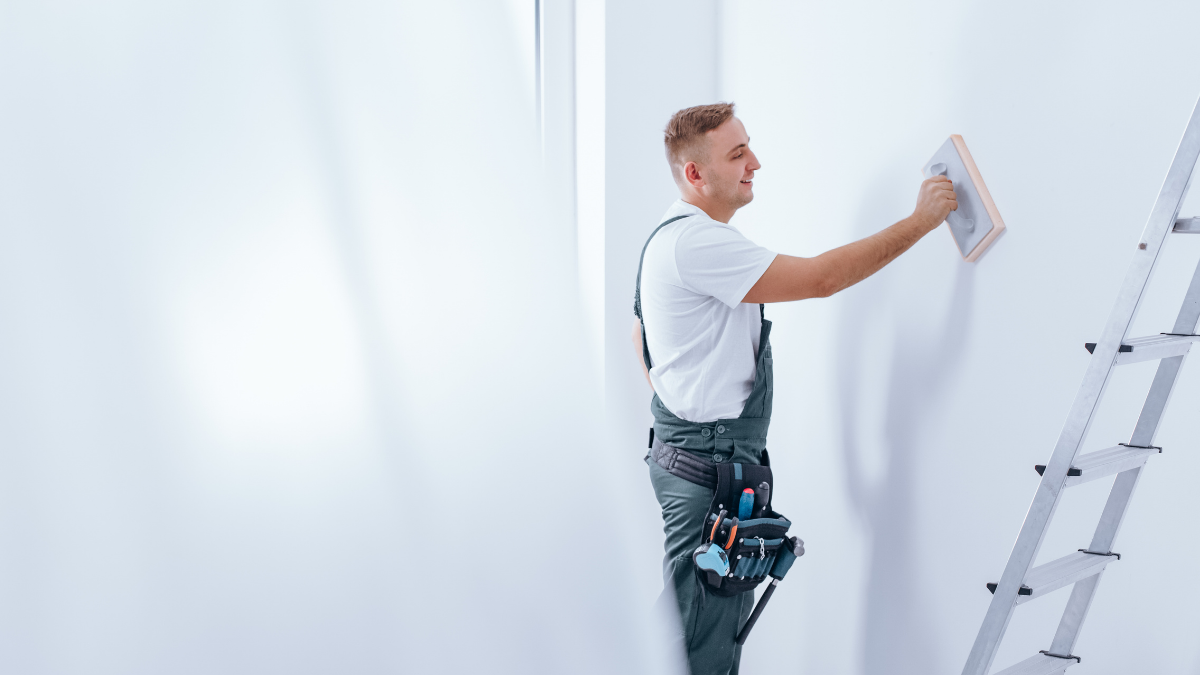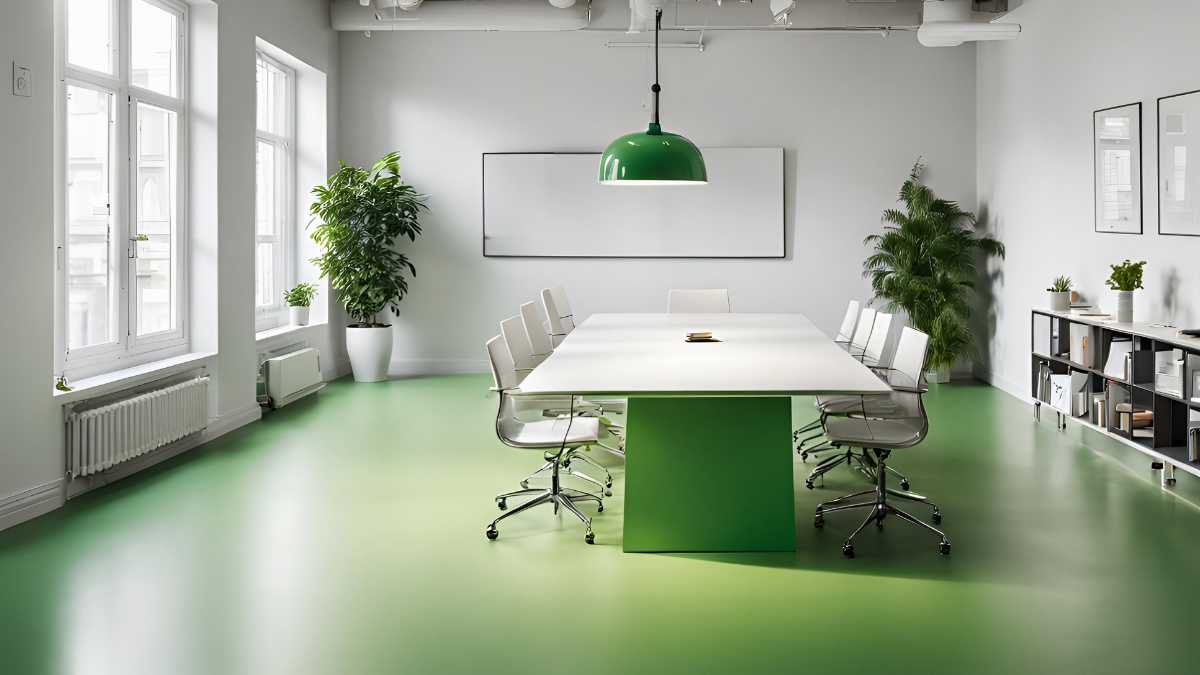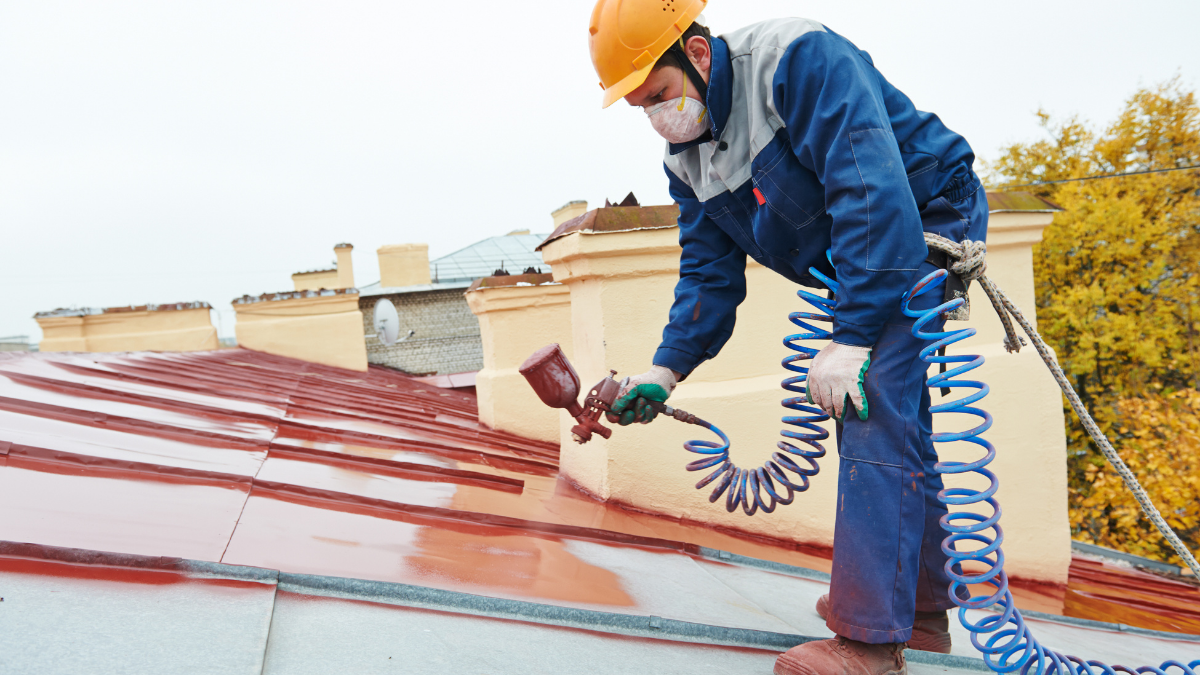The floor beneath your feet is much more than just a surface in the demanding world of commercial and industrial settings; it is an essential part of your operation. In order to maintain safety and boost productivity, industrial flooring must endure harsh weather, high traffic, chemical spills, and ongoing wear and tear. Selecting the best industrial flooring option is a calculated move that affects maintenance expenses, legal compliance, worker safety, and productivity. At Campione Painters, we provide professional advice and installation for high-performance flooring because we recognize the particular difficulties faced by industrial settings. The main factors to take into account when choosing the ideal flooring for your establishment will be outlined in this guide.
Recognizing Your Needs: The Basis for Decision-Making
It’s critical to fully evaluate the operational demands of your facility before delving into any particular materials. Think about the following:
- Traffic Load: How much heavy equipment, foot traffic, or forklift movement will the floor experience on a daily basis?
- Chemical Exposure: Will acids, alkalis, solvents, or other corrosive materials come into contact with the floor?
- Impact Resistance: Does the possibility of heavy objects falling necessitate a floor that can withstand impact without breaking?
- Temperature Extremes: Will there be notable temperature swings on the floor, for example, in cold storage or close to hot processes?
- Slip Resistance: Is safety the top priority, particularly in greasy or wet conditions?
- Hygiene Requirements: Do establishments that process food or manufacture pharmaceuticals have stringent sanitation requirements?
- Aesthetics: Does the floor have to help clients or guests look professional?
Contact us now to learn more!
Leading Industrial Flooring Options: Components and Advantages
You can investigate the industrial flooring options that best suit your needs after you’ve evaluated them.
- Flooring made of epoxy: Epoxy floor coatings are a very popular option because they are incredibly durable, chemical resistant, and easy to clean. They produce a smooth, non-porous surface that is perfect for manufacturing facilities, food processing facilities, warehouses, and labs. Epoxy comes in a variety of colors and can be customized with anti-slip additives to improve both safety and appearance. It is a workhorse solution due to its resistance to heavy loads and abrasions.
- Polished Concrete: Polished concrete floors are a great choice for establishments looking for a cutting-edge, low-maintenance, and remarkably durable solution. Existing concrete can be made dense, smooth, and incredibly durable by grinding and polishing it. It can potentially lower lighting costs because it is low maintenance, resilient to heavy traffic, and has good light reflectivity. It makes use of your current slab and is a sustainable option.
- Concrete made of urethane: Urethane concrete systems offer exceptional thermal shock resistance and are frequently utilized in settings with high temperature fluctuations (such as freezers and ovens) and chemical exposure. It is also very resistant to heavy impacts and harsh chemicals, which makes it perfect for commercial kitchens, pharmaceutical manufacturing, and food and beverage processing where durability and hygienic conditions are crucial.
- Polyaspartic Coatings: Polyaspartic floor coatings are well-known for their quick cure times and superior UV stability, making them ideal for projects with short turnaround times. Durability, chemical resistance, and ease of cleaning are some of the advantages they share with epoxy, but they can be installed and put into service considerably more quickly, reducing downtime. They are therefore a popular option for hectic industrial settings that require a speedy turnaround.
Did You Know?
When compared to other flooring options, a professionally installed industrial epoxy floor can last up to 20 years with the right upkeep, making it an extremely economical long-term investment.
Installation and Upkeep: Guaranteeing Durability
Any industrial floor’s performance is solely dependent on how well it is installed. Longevity depends on careful substrate preparation, appropriate mixing, and skilled application. Following installation, a customized maintenance program that includes routine cleaning and prompt repairs will guarantee that your long-lasting industrial flooring keeps operating at its best for many years to come.
For a comprehensive consultation on the best industrial flooring solutions for your specific needs, call Campione Painters at (404) 587-5723. Let us help you lay the groundwork for your success.
Commonly Asked Questions
How much time does it usually take to install industrial flooring?
The length of time varies greatly depending on the kind of flooring, the area’s size, and the condition of the substrate. The fastest turnaround time is provided by polyaspartic coatings, which typically take 1–2 days, whereas urethane and epoxy can take several days to a week. During your consultation, we give you a comprehensive timeline.
Are industrial floors slick?
Not always. The majority of industrial flooring options can be tailored with textured finishes and anti-slip additives to satisfy safety standards and guarantee safe footing for workers, even though some smooth finishes can become slick when wet.



